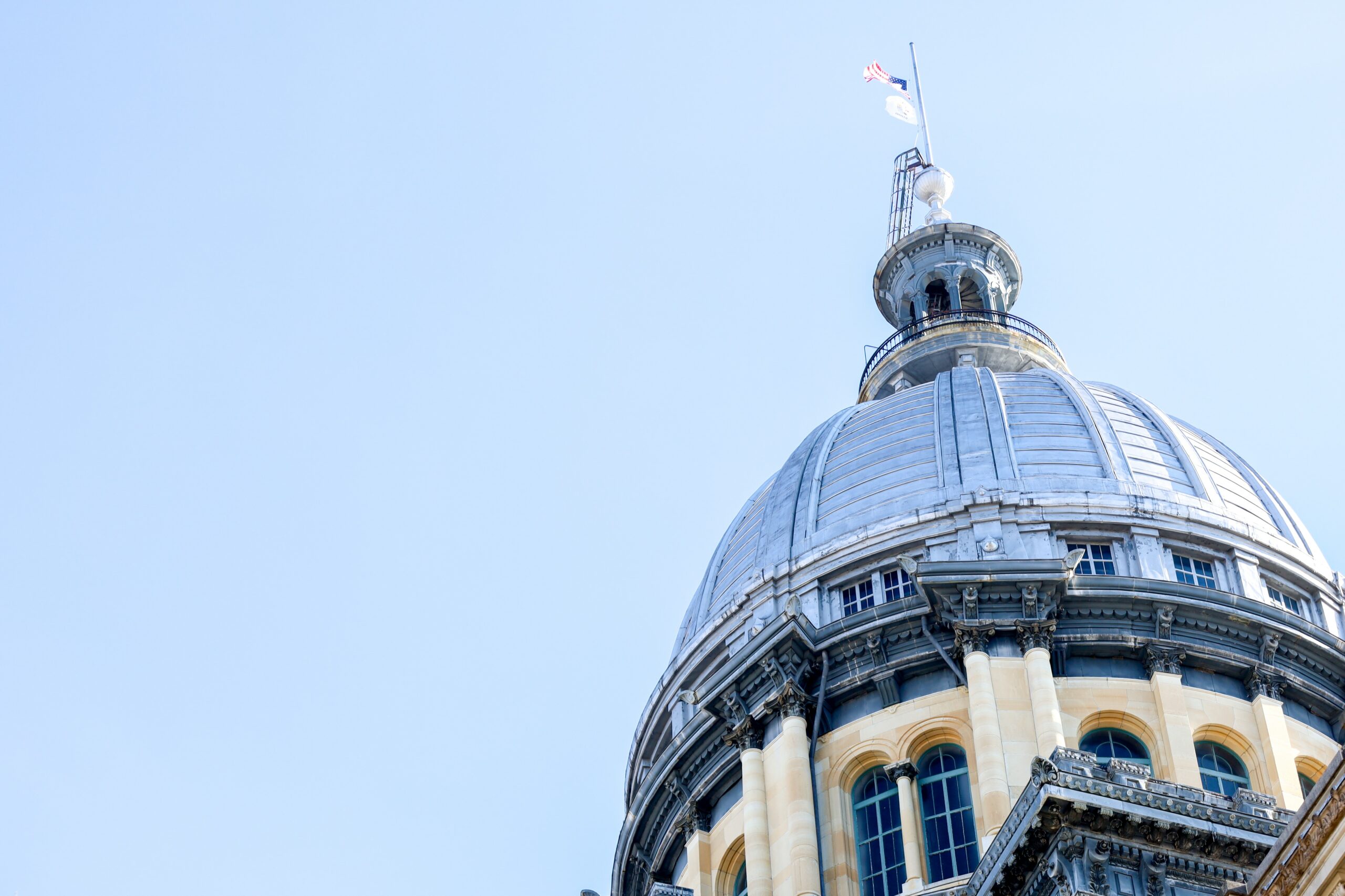Illinois Legislative News: July 15, 2024
Third Reading Consulting Group
On July 9, the Illinois Senate Transportation Committee held a subject matter hearing titled “How Public Transit Supports the Economy.” The hearing was the first of six scheduled throughout the year to address the looming Chicago area transit agency budget gap beginning in FY 2026. The Chicago Transit Authority (CTA), Metra Commuter Rail, Pace Suburban Bus, and Regional Transportation Authority (RTA) are projected to face a combined $730M budget deficit due in part to ridership that remains well below pre-pandemic numbers. Currently, the agencies are receiving federal COVID-19 relief funding to fill the budget gap, but that money will run out in FY 2026. RTA Board Chair Kirk Dillard reported that the cliff could “wipe out 30 to 40 percent of service in northwest Illinois,” if additional funding is not provided. The RTA estimated that the transit fiscal cliff has the potential to trigger a $2.4B drop in regional GDP and affect nearly 25,000 jobs, should lawmakers fail to pass a funding package.
Near the end of the 2024 regular session of the Illinois General Assembly, Reps. Kam Buckner (D-Chicago), Eva-Dina Delgado (D-Chicago), and Senate Transportation Committee Chair Ram Villivalam (D-Chicago) proposed legislation to merge the four Chicago area transit agencies into a new single entity called the Metropolitan Mobility Authority. These legislators introduced two versions of the proposal: HB 5829/SB 3936, which also includes language to add a zero-emission transportation standard similar to California’s, and HB 5823/SB 3937 which only includes the transit agency merger language. They also introduced an associated appropriation bill (HB 5828/SB 3938) providing $1.5B in General Funds revenue to the newly formed Metropolitan Mobility Authority. While formal analysis has yet to be conducted on the impact of the proposed consolidation, the Civic Federation estimated that merging the agencies would save up to $250M per year in operational costs. The $1.5B appropriation could help cover the funding gap in the short term while the new Authority works to bring ridership and revenue back to pre-pandemic levels and beyond. The three bills did not receive consideration in the 2024 legislative session due to their late introduction.
Sen. Villivalam began Tuesday’s hearing with a clear message. “There will be no votes for funding unless we address service, governance, and the corresponding reforms that are needed to give… the taxpayers in the RTA region… the confidence that… the public transit system will be… safe, reliable, accessible, equitable, and environmentally conscious and economically impactful.”
The first panel to testify before the Committee featured the heads of all four agencies: RTA Chairman Kirk Dillard, Metra CEO and Executive Director Jim Derwinski, CTA President Doval Carter, Jr., and Pace Executive Director Melinda Metzger. The four agency leaders all agreed a change in governance structure is counter-productive to addressing the fiscal cliff. Instead, they believe that the Committee should focus finding additional funding for the four separate agencies as they currently exist. Moreover, the agency heads argued that their systems must remain locally controlled to ensure adequate representation of all communities in the Chicago region.
The second panel highlighted the interests of business and organized labor, including Chicago Federation of Labor Deputy Chief of Staff Andrea Kluger, CTA Bus Operator Jason Nawls, Illinois Chamber of Commerce President and CEO Lou Sandoval, Chicagoland Chamber of Commerce President and CEO Jack Lavin, and Metropolitan Planning Council Vice President of Programs and Strategic Impact Kendra Freeman. This panel’s discussion wasdominated by the importance of quality and reliable public transportation to the Chicago and Illinois economies. Panelists argued that reliable public transit helps reduce congestion, improve environmental conditions, spur economic development, increase the labor force, and stimulate residential and commercial property development. They acknowledged that agencies face other problems in addition to the funding cliff and stressed that they must prioritize safety, reliability, cleanliness, updating technology, and integrating fares across systems as they work to expand service.
Sandoval and Lavin additionally argued that simply providing more funding for the existing transit agencies would be inefficient and ineffective. They stated that an appropriation of tax revenue to transit would divert revenue from other public needs such as education and public safety and could require the imposition of new taxes. Both Chamber of Commerce representatives supported governance reforms to better integrate the existing agencies and address their pitfalls, while also saving in operations costs.
The Committee will hold five more hearings before veto session on July 24, August 8, August 28, September 18, and October 16. The upcoming hearings will discuss transit accessibility, its effect on quality of life, the interplay between public health and the climate, and the statewide impact of Chicagoland transit.
Important Upcoming Dates – Statewide
November 5 – 2024 General Election
November 12-14 – Veto Session Week 1
November 19-21 – Veto Session Week 2

